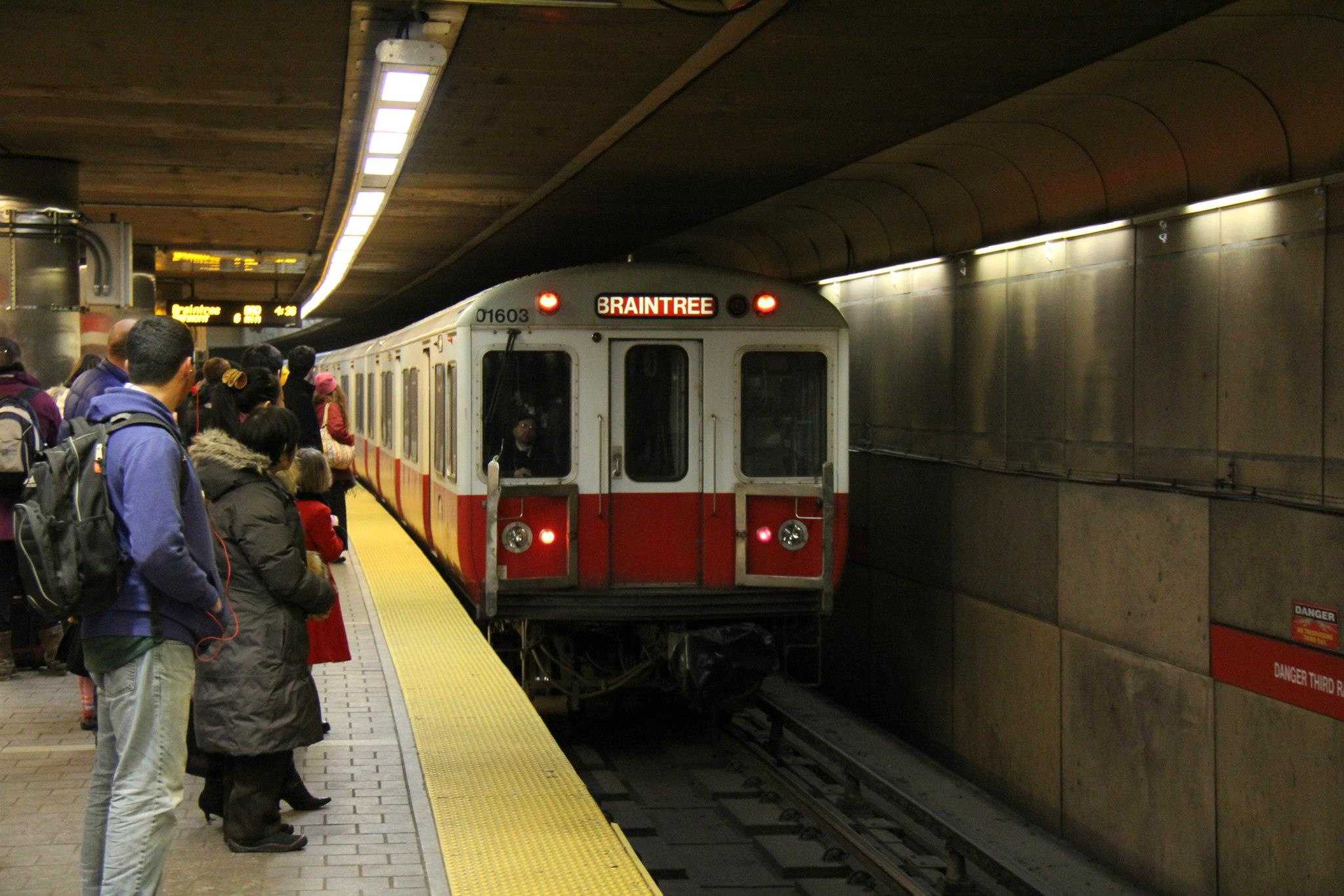

(As discussed below, the state auditor did not definitively reject the MBTA’s contract proposal, but rather asked the agency to resubmit its proposal after addressing concerns raised by the auditor about its cost calculations. The report claimed those allegedly foregone savings were the fault of the Pacheco Law, which the auditor had cited in objecting to the outside contract proposal.

The Pioneer report concluded that had the state auditor allowed the planned privatization of the bus operations to go forward, the MBTA would have saved $450 million between 19. In case you missed it, the Pioneer Institute issued a report earlier this month that compared the actual cost of MBTA bus operations to a proposal based on bids from outside contractors to undertake those functions. In our view, the rising cost of the commuter rail contracts since 2000 casts further doubt on the claims by the Pioneer Institute and other privatization proponents that contracting out for services will automatically save hundreds of millions of dollars at the T.

The annual cost to the MBTA of contracting for commuter rail services has risen by 99.4 percent since 2000, compared with a 74.9 percent increase in the annual cost of the agency’s in-house bus operations, according to cost information we’ve compiled from public online sources (see below). While proponents of privatizing the MBTA point to the rising cost of in-house operations there, the cost to the agency of contracting out appears to have risen even faster.


 0 kommentar(er)
0 kommentar(er)
